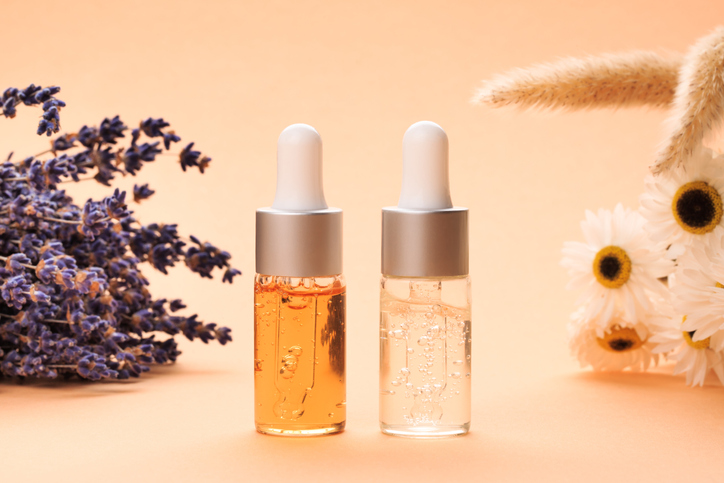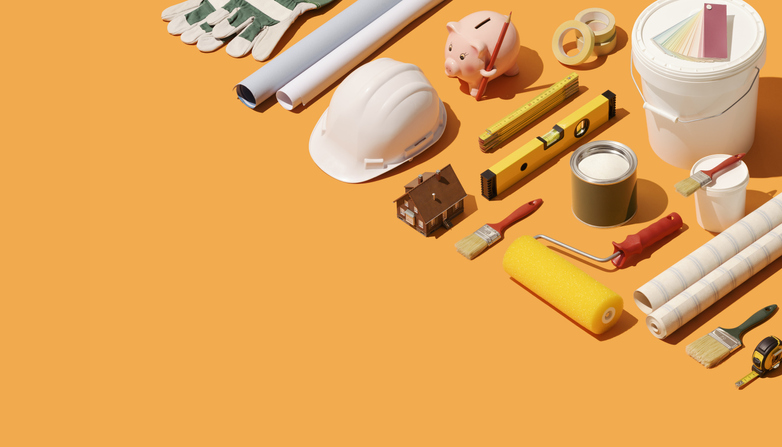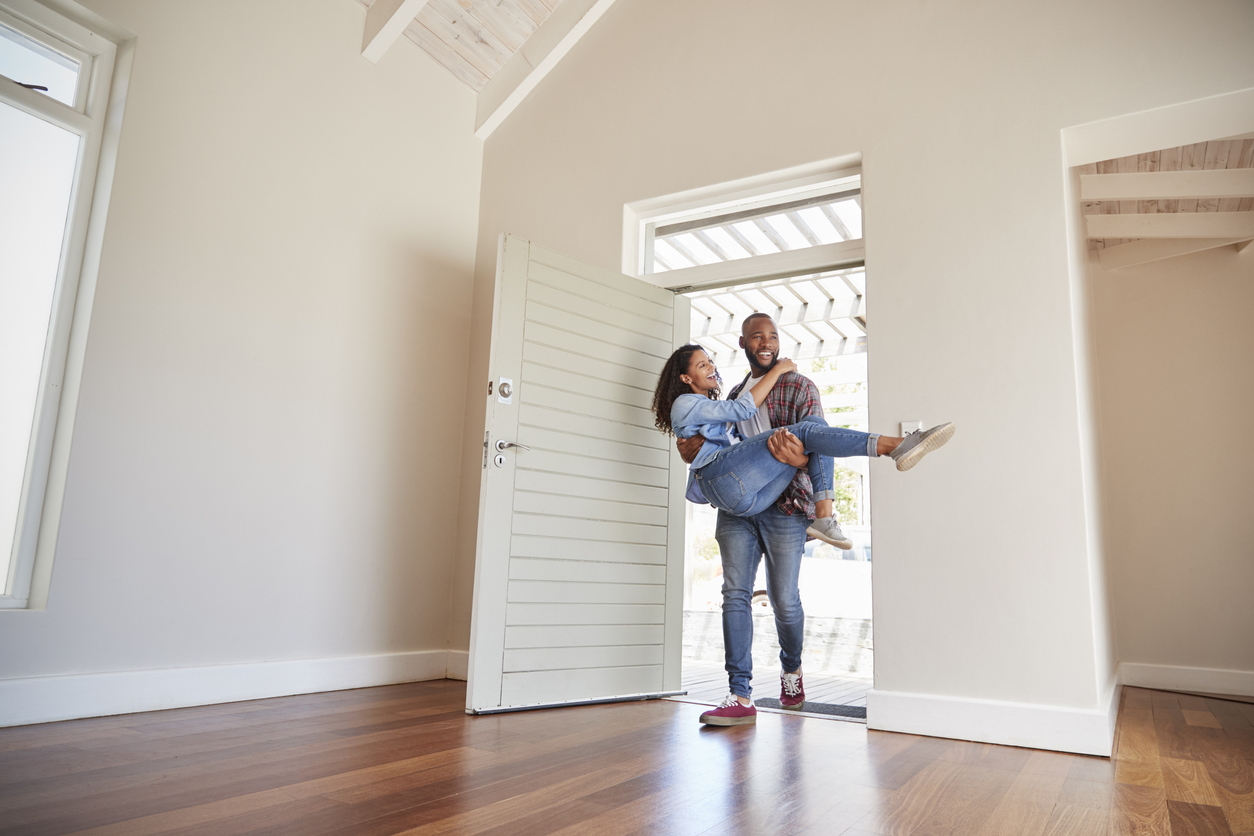People have used essential oils around their homes since ancient times. Fortunately, we don’t have to harvest and press our own botanicals to create our favorite essential oils. Today, myriad manufacturers sell a wide range of fragrant oils that can enhance your living space. If you’ve never used essential oils before, you’ll discover that they can add pleasant fragrances to your living space, disinfect your countertops, or even repel insects. And that’s just the beginning of what essential oils can do and the many benefits they offer.
What Are Essential Oils?
Essential oil is a concentrated liquid that contains the essence, or chemical compounds, of the plant. Manufacturers use various methods to extract the plant’s essential oils, including a steam distillation process. Other extraction methods include solvent extraction or cold pressing. Some botanicals are better suited to one method or another.
After extracting the essential oils, manufacturers can add these concentrated liquids to a wide variety of products, such as candles, soaps, cosmetics, cleaning products, perfumes, or even food and drinks. Essential oils are completely natural, of course, but many commercial products may also contain synthetic scents and perfumes, so if you’re looking for naturally scented products, check the ingredients list to make sure “fragrance,” “perfume,” or “parfum” aren’t listed.
What Are the Best Uses for Essential Oils?
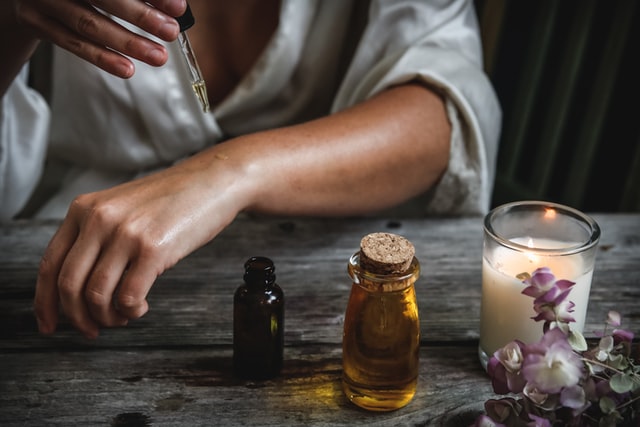
You can use essential oils for all sorts of uses around the home, from aromatherapy to cooking and from cleaning to flavoring foods.
Fragrant Home
The noteworthy feature of essential oils is their fragrance. You can use essential oils to create sprays to naturally perfume your living space — try a single oil or a combination of oils to achieve your ideal scents. There are many popular oils for achieving pleasing home fragrances, including lemon, lavender, cedarwood, eucalyptus, and sweet orange. After releasing essential oils into your room, you can freshen the entire place space within moments.
Cooking
While some essential oils can be ingested, others shouldn’t be. Always be certain that any oil you use for human or pet consumption is safe. That said, there are many essential plant oils that you can use when cooking but remember — these are concentrated oils, so a little goes a long way. In fact, you should dilute them in most cases so that they don’t overpower your recipes. Great essential oils for recipes include peppermint, ginger, lavender, orange, lemon, and basil. Try a hint of cinnamon oil in your hot chocolate or coffee, or add thyme oil for a new dimension of flavor in soups or stews with a spicy element.
Aromatherapy for Health and Well-Being
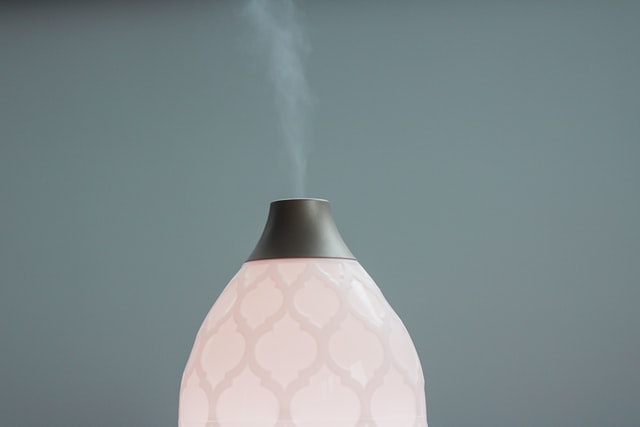
The scientific community has not backed the use of essential oils for many of the health benefits that are popularly ascribed to them — they can’t treat or cure cancer, measles, or any other serious disease or condition. But essential oils are safe to use for aromatherapy, and they’ve been used in this manner for centuries. When essential oils are inhaled, the scent molecules travel from olfactory nerves to the brain, particularly impacting the amygdala, the emotional center of the brain. Aromatherapy can help:
- Reduce stress and anxiety (lavender)
- Improve your mood (lemon)
- Quell a headache (peppermint, lavender, clove)
- Induce sleep (lavender, chamomile)
- Reduce inflammation (rosemary)
- Reduce nausea (peppermint)
- Enhance concentration (rosemary, cinnamon
Essential Oils for Cleaning
Essential oils are highly effective for household cleaning jobs, thanks to their antiseptic, antimicrobial, antifungal, and insecticidal properties. Typically, you’ll dilute the essential oils in water or a combination of water and vinegar in a spray bottle.
- Lemon oil cuts through grease and grime, and it’s a powerful deodorizer. It’s antibacterial, antimicrobial, and antiseptic.
- Tea tree oil has strong antimicrobial, antifungal, antiseptic, and insecticidal properties and may be used to make an all-purpose cleaner to spray down countertops, the bathtub and sink, and the floors.
- Lavender oil repels ants, spiders, and cockroaches and has antiseptic properties. It also has disinfecting properties.
First Aid with Essential Oils
Many essential oils have properties that promote healing. Before ingesting essential oils, however, consult with your physician, and learn the best way to administer the oil. Essential oils used topically may cause an allergic reaction, so test on a small patch of skin before applying to a larger area. These essential oils are first-aid kit essentials:
- Tea tree oil is commonly used topically to treat insect bites, athlete’s foot, and even acne.
- Eucalyptus may be taken orally to relieve coughs, it can prevent mosquito bites, and it can be applied topically for pain relief.
- Peppermint oil may help relieve headaches, and when taken in capsule form (as recommended and provided by your healthcare provider,) it may help relieve symptoms of irritable bowel syndrome.
- Myrrh oil diluted in jojoba, olive, or sunflower oil can help heal dry skin.
Pets and Essential Oils
Just as some oils may provide us with therapeutic benefits, they may also enhance life for your pets and other animals. Keep in mind that you should never use essential oils on dogs or cats that are eight weeks or younger. You should also refrain from allowing your pets to ingest essential oils. However, some can be used topically to repel insects such as fleas and ticks, sooth itchy skin, or induce a calm mood. Talk to your veterinarian about essential oil use for your particular pet. Remember that some essential oils, like peppermint oil, could be toxic for pets or cause an allergic reaction, so always proceed with caution even when using these oils topically.
Essential Oils for Yoga and Meditation
Essential oils can help you create a soothing space to practice meditation or yoga. These oils have long been used for spiritual practices. Add a few drops of your favorite oil to a diffuser and allow the scent to pervade the air before you begin your yoga or meditation session.
If you don’t own a diffuser or prefer not to use one, consider using candles scented with essential botanical oils instead. Some calming scents to enjoy in this way include chamomile, jasmine, lavender, sandalwood, vetiver, neroli, and sage. You can also add a few drops of your preferred oil to a spray bottle filled with water, and spray the scent in your meditation space.
Essential Oils and Expiration Dates
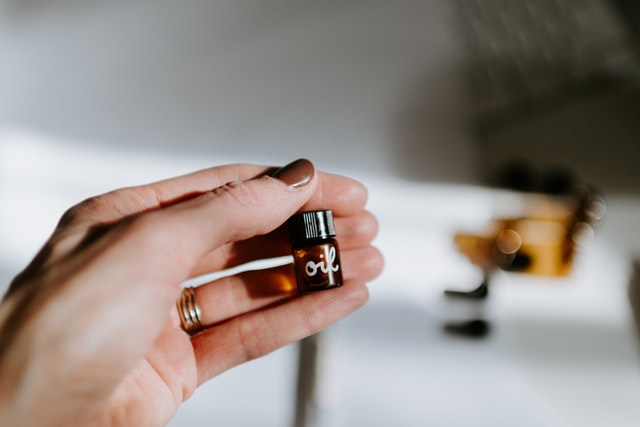
Your essential oils, as natural products, will have a finite shelf life. Since each oil has a unique chemical compound makeup, the lifespan for each of your products is apt to vary. Generally speaking, you can usually rely on your essential oils to last about two years before the compound begins to degrade. By the third year, you should replace your oils to make sure they remain potent and are safe for use. On the other hand, some essential oils actually improve with age. These include patchouli, sandalwood, and vetiver oils.
Storing Essential Oils
To maintain the quality of your essential oils and prevent them from deteriorating prematurely, you should store them in dark-colored glass bottles. The dark glass will help block your oils from excessive UV exposure, which could induce deterioration. Be sure that the lids to your bottles are tightly sealed as air can also detract from the potency of the oils or cause them to evaporate.
Although you might introduce your oils to a carrier (like water or oil) in a plastic spray bottle for use, never store the oils in plastic, because it can cause them to degrade. Store your oils in a dry space such as a medicine cabinet or linen closet, and keep them at room temperature. And since these are oils, you should never use them around an open flame. Store them out of reach from children and pets, too.
Create a Cozy Home with Essential Oils

As you’ve read, there are several ways to use essential oils, but one of the most popular is to feature them as inviting scents that enhance the ambiance of your environment in a healthy way. These fragrant oils can help you create a cozy environment for yourself, your household, and anyone who stops by for a visit. Although there are many products available in the marketplace that can also add fragrance to your home, essential oils are natural — they contain no harmful chemicals. They rely on the natural essence of plants to freshen or scent your home’s air. Here’s how to use them.
Essential Oil Diffusers
You can find a wide range of diffusers to use to release the scent of your essential oils into the air of your home. You fill the diffuser with water, add a few drops of oil, and turn it on. It works like a humidifier, sending out scented water vapor. You can find diffusers online or at your local big-box store. To get the most out of your diffuser, use it as directed by the manufacturer.
Reed diffusers, on the other hand, don’t plug in, and they allow you to easily enjoy fragrance in any room. The reeds soak up your favorite essential oil and diffuse the scent into the room.
Enjoy a Soothing Shower or Bath
Essential oils may provide a calming effect, which is why many people use them in the bath. You can add a few drops of your favorite essential oil to your bathtub water or even to your body wash to enjoy its fragrance. If you choose to apply a few drops of oil to your skin, be sure to dilute it first or combine it with a good carrier like coconut oil. If you simply want to enjoy the scent of oil during your shower or bath, add a few drops to your shower curtain or the wall to create a spa-like ambience. You may also want to have some essential oils as part of your natural skincare routine.
Make a Beautifully Fragranced Linen Spray
Rather than using a synthetic spray to freshen bed sheets, upholstery, and other fabrics, you can create your own fresh-scented linen spray. Add up to 20 drops of your preferred oil like lavender, orange, or rose to your water-filled spray bottle. Use it to spray your sheets, pillows, curtains, rugs, and other textiles to lend an inviting scent to your space.
Freshen and clean your home and create a relaxing environment with essential oils. Whether you want to enhance your next yoga session or create an inviting scent for company, you can use essential oils to safely and naturally add scent to your setting. Choose the scents you love best, and discover why so many people turn to essential oils for use around their homes.
